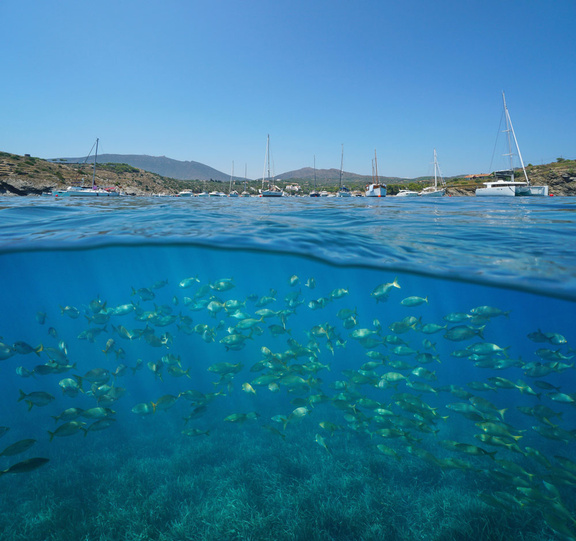Recently, the European Parliament adopted a resolution on sustainable blue economy*) in the EU, clearly specifying he positive impact of recreational angling.
EFTTA engaged much in the preparation of the text to secure that recreational angling was not overlooked but mentioned and praised for all the positive benefits it has on offer. We are happy to see our efforts have paid off!
The resolution makes it very clear that recreational angling is a big asset to the coastal communities. It is stressed that angling can, and does, help coastal communities to generate income and jobs as a high-value and sustainable tourism activity. We can add to that, that angling tourism also can extend the tourism season beyond the traditional summer beach tourism season.
In addition to the economic benefits to the coastal communities the paper states that angling also brings social- and health benefits to its participants; moreover, it has the advantage of being very educational: “recreational fishing increases knowledge about the aquatic environment as well as the commitment to protect such environment”. These benefits from angling are achievable with little impact on the environment and fish stocks when well managed.
The resolution urges more recreational fishing data to be collected - both catch- and socio-economic data. This makes a lot of sense! You cannot manage well without sufficient knowledge about what you are managing. The resolution suggests to making use of money from the huge fisheries fund EMFAF* to pay for data collection and “to develop recreational fisheries tourism projects and continue funding these projects through the EMFAF**)”.
*) The Blue Economy concept seeks to promote economic growth, social inclusion, and the preservation or improvement of livelihoods while at the same time ensuring environmental sustainability of the oceans and coastal areas. At its core, it refers to the decoupling of socioeconomic development through oceans-related sectors and activities from environmental and ecosystems degradation. An important challenge of the Blue Economy is thus to realize that the sustainable management of ocean resources requires collaboration across nation-states and across the public-private sectors, at global scale.©World Bank, 2017
**) EMFAF is the European Maritime, Fisheries and Aquaculture Fund. The EMFAF runs from 2021 to 2027 and supports the EU common fisheries policy (CFP), the EU maritime policy and the EU agenda for international ocean governance. The total budget is 6.1 billion EUR.
